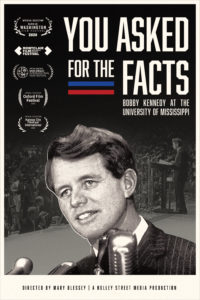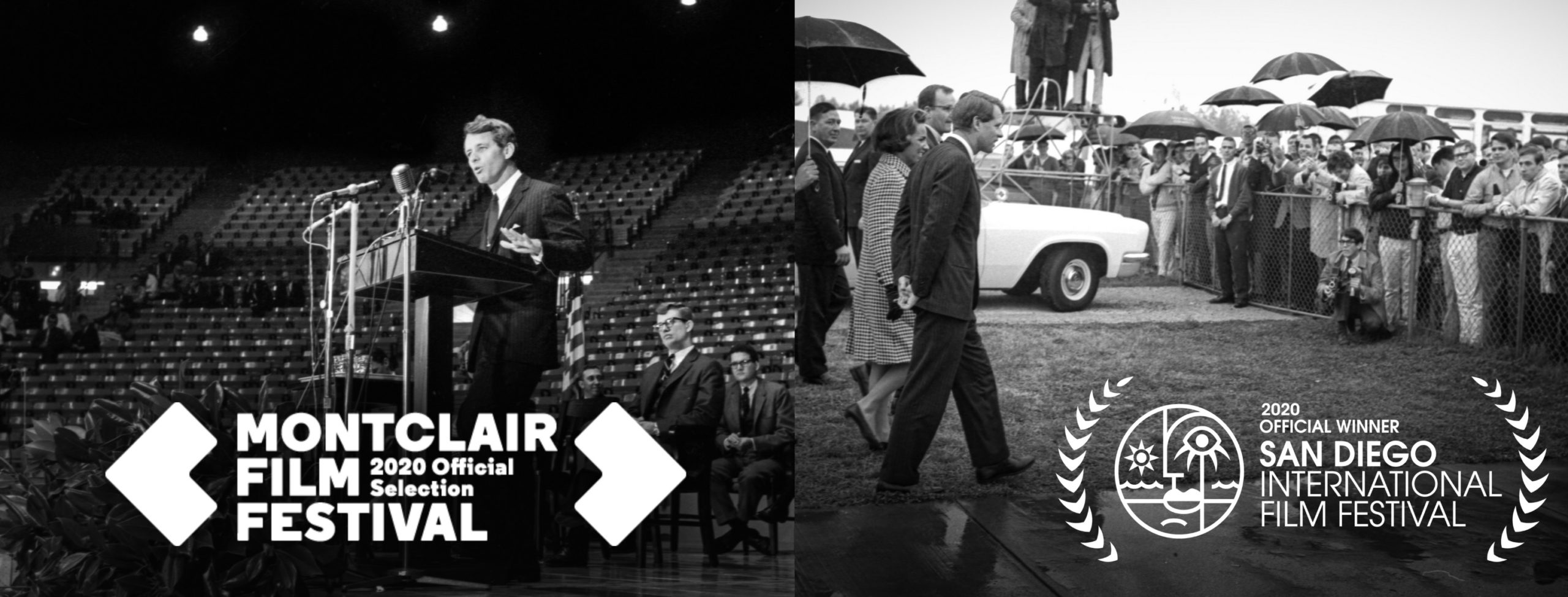Imagine, for a moment, a well-known senator walking on campus grounds at your college. In 1966, students at the University of Mississippi experienced a real visit from senator, Robert F. Kennedy, who visited their campus grounds. On March 18th, a plan was formed by a small group of undergrad and law students that caused Robert F. Kennedy to publicly reveal the undisclosed phone calls between the Kennedy administration and former segregationist Mississippi governor, Ross Barnett.
In a summary of the film, Robert F. Kennedy described the phone conversations between Barnett and the Kennedy administration. According to the summary, these secret phone calls included, a solution that would allow James Meredith, the first to be African American student at Ole’ Miss, to register for classes and at the same time help Barnett keep his segregationist supporters.
The plan, devised from students, then took place four years after the admittance of James Meredith, at the university. However, if it weren’t for Millsaps alumna Mary Blessey, the importance from this event would be lost in history.
Blessey earned her bachelor’s degree in philosophy from Millsaps in 2011 and later graduated with a Master of Fine Arts and Master of Arts from the Center for the Study of Southern Culture. She also studied advanced documentary filmmaking techniques through an interdisciplinary culture studies curriculum which led to her decision to film the documentary You Asked for The Facts, featuring clips of Robert F. Kennedy’s speech at “Ole Miss.” The film includes interviews with the student activists and Ethel Kennedy herself.

Discussing what her film represents, Mary Blessey describes how her film is more important now than it ever was.
“The film tells a lesser known slice of Mississippi history that has only become increasingly timely since we started working on the project,” commented Blessey.
The purpose of the film was to increase not only the discussion and knowledge of Mississippi history, but many other important issues that occur today.
Explaining what inspired her to make to make this film, Blessey recounts how the process of filmmaking revealed societal issues that are still relevant.
“I realized how much this film sheds light on so many important issues that are just as relevant today as they were back in 1966, when the story takes place”, acknowledged Blessey.
Explaining further, Blessey acknowledges that progress is more important than the finished product.
“Progress is not linear. Things can backslide, as they are currently. It’s important that we reckon with real history and learn from it,” said Blessey.
Blessey’s film, “You Asked For the Facts” is part of that progress. It is an act of saying that people no longer have to abide and be led by another like Ross Barnett. They have the choice to stand up against segregation.
From this film, Blessey hopes that people will challenge the “Ross Barnetts” and will understand the ways in which those same “ideologies” exist today and continue to cause harm.
Blessey hopes that her film helps to motivate people to “pay attention to real facts and information” because evidence always matters.
Unfortunately, the festivals became virtual due to COVID-19. Yet the film still became successful and was officially selected in various festivals. In fact, Mary’s film recently won the “Artistic Director’s Award” at the San Diego film festival, it earned “Special Jury Recognition” in the Documentary Feature category at the Oxford Film Festival and was officially selected in the Montclair Film Festival and the Washington Film festival. The film is currently screening at the Oxford film festival online for free!
While Mary’s film breaks barriers, it doesn’t erase Mississippi’s ignoble history with race. Instead, it makes sure that we learn from it.

